
Doctors warn just one glass of this drink a day could increase risk of being diagnosed with cancer
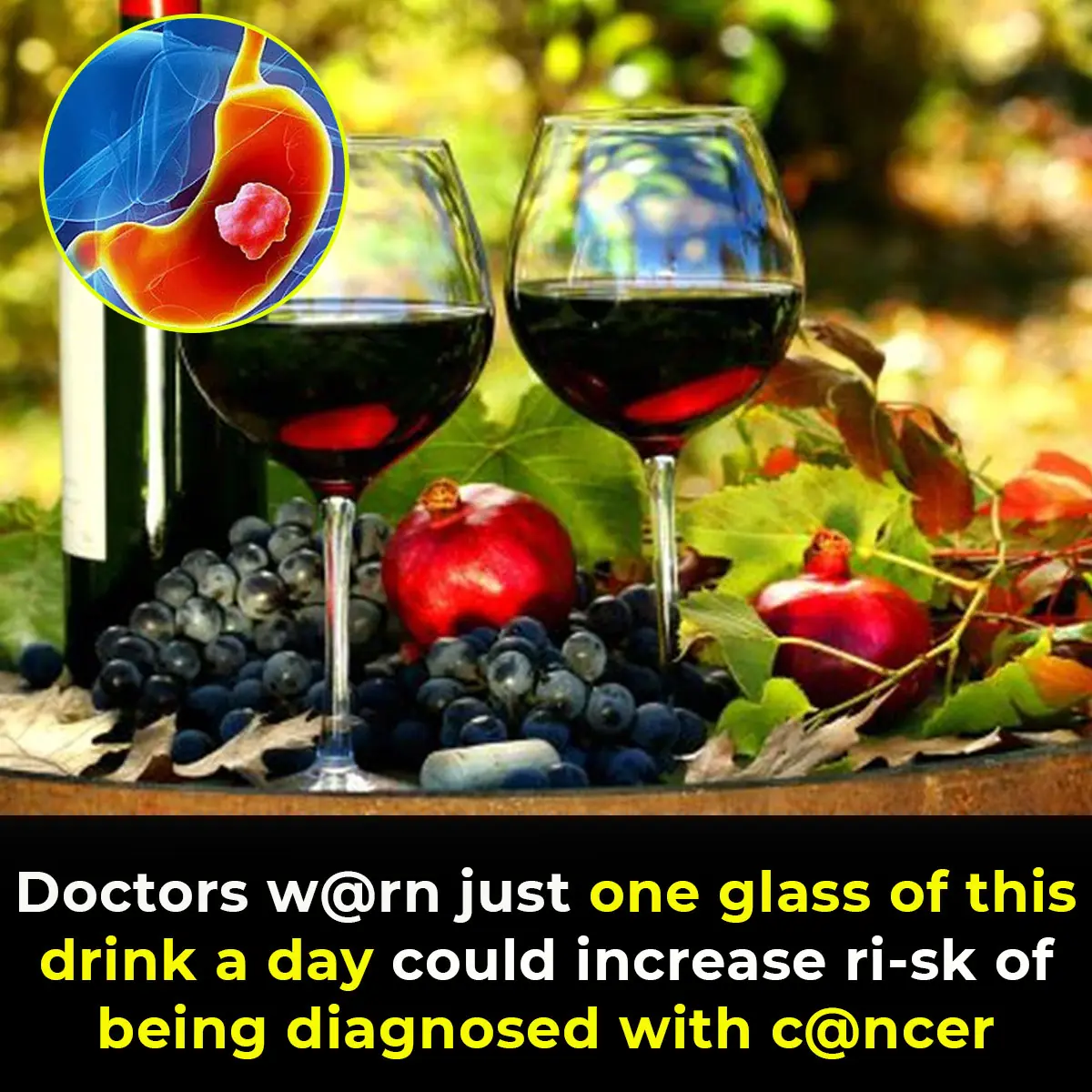
A disturbing connection has been uncovered between the most aggressive form of colon cancer and a beverage that nearly two-thirds of Americans consume daily.
This year, the American Cancer Society estimates that up to 107,320 people in the United States will be diagnosed with this particular form of cancer. Breaking it down, it predicts that 54,510 men and 52,810 women will receive this devastating diagnosis.
Alarmingly, cases of colorectal cancer, which affects the intestines, rectum, and colon, have been rising by as much as 3% annually in individuals under 50 since 2011.
While there has been a significant decline in colorectal cancer diagnoses among those aged 65 and older from 1998 to 2019, the same period has seen a concerning increase in cases among individuals aged 20 to 49. While the cause of this trend remains unclear, a medical oncologist suggests that sugary drinks could be playing a significant role.
Dr. Emma Schatoff, from New York City's Memorial Sloan Kettering Cancer Center, shared her findings with the Daily Mail: "We were seeing young patients presenting with metastatic disease—cancer that has spread to other organs like the liver, lungs, and more—and they were shocked by the diagnosis."
"We examined various factors that could elevate their risk, including inflammatory bowel disease and medication use, but found no significant correlation. However, when we looked at diet, we discovered no connection with processed foods or red meat, but we did find a link between high sugar diets and stage four colon cancer patients who were diagnosed for the first time."
Dr. Schatoff defined a high sugar diet as consuming foods with a lot of sugar daily, such as a soda or candy. The situation is even more concerning given that 63% of Americans aged 18 or older report drinking sugar-sweetened beverages at least once a day, according to the CDC.
Schatoff's study, led with a team of colleagues, analyzed 303 early-onset colon cancer patients who completed a questionnaire, with an average age of 42, and 51% of them being women.
Tragically, 112 of the participants had stage four cancer, while the remaining 191 were diagnosed with stages one through three.
As Schatoff noted, dietary factors, such as the intake of fruits, vegetables, fish, poultry, red meat, processed meat, and dairy, did not show a significant association with cancer. However, individuals with high sugar diets were significantly more likely to have been diagnosed with the most aggressive form of cancer, with it having spread to distant parts of their bodies.
News in the same category

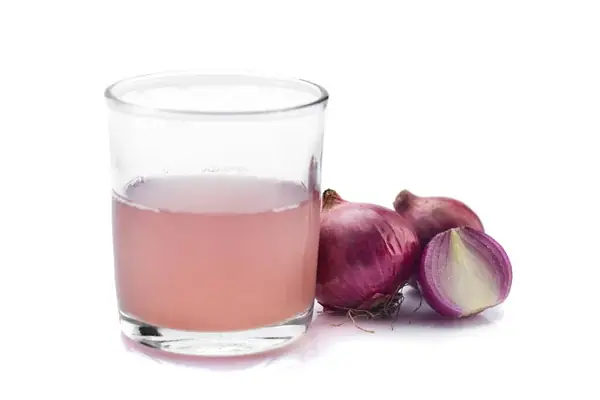
An Onion Drink for Eye Health: A Holistic Approach
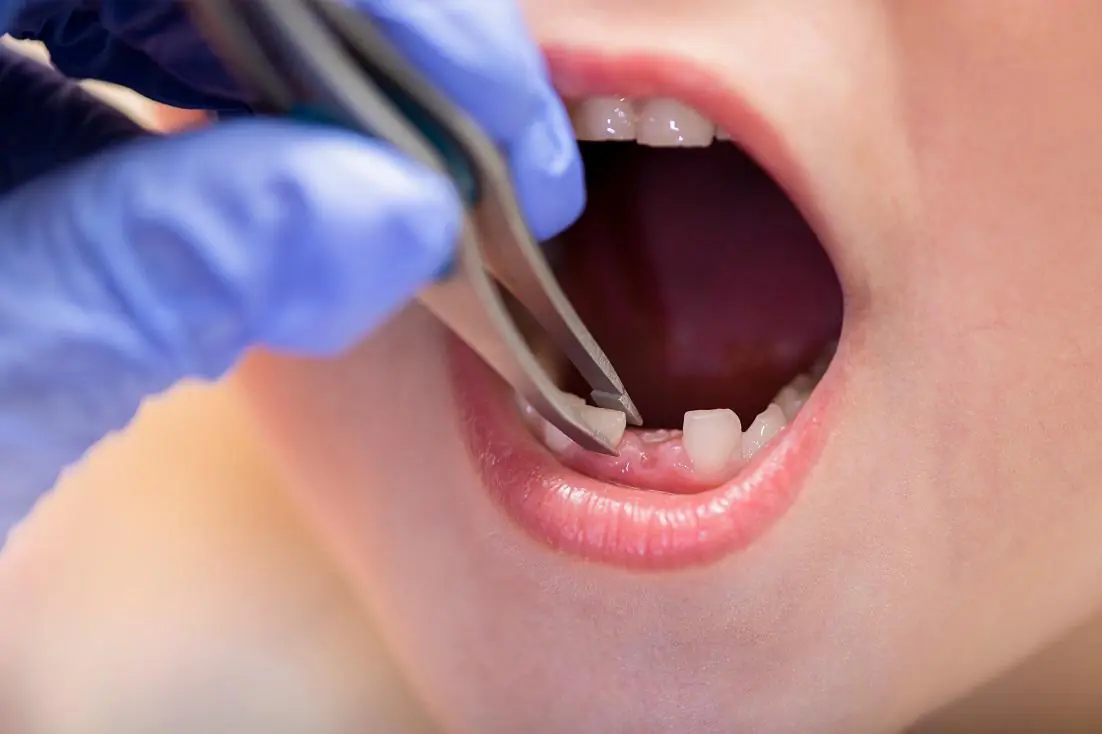
A Pill to Regrow Your Teeth? The Future of Dentistry is Here

6 Health Benefits of Eating One Cup of Pineapple Every Day
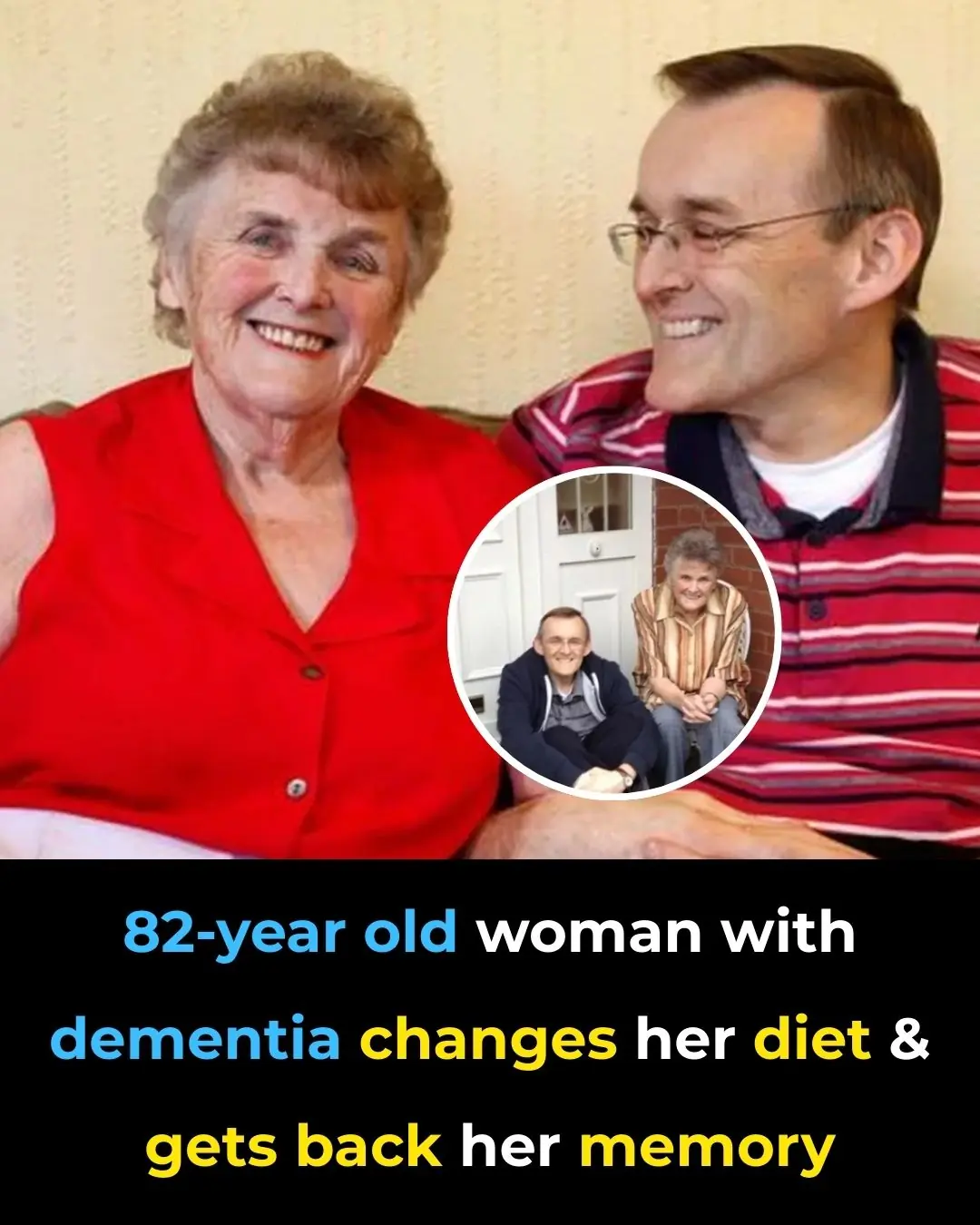
82-Year-Old Woman Reverses Dementia Symptoms with Mediterranean Diet
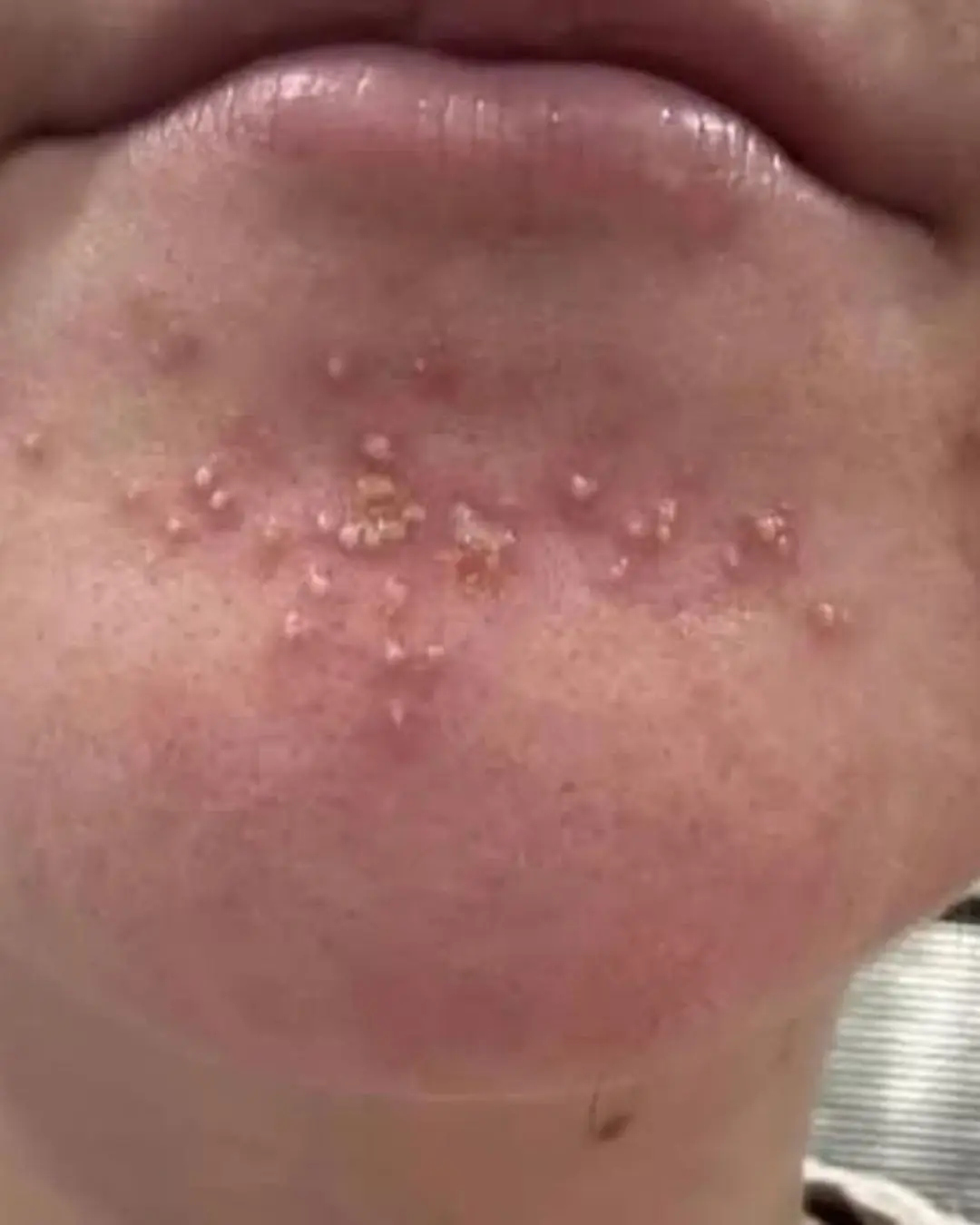
The Real Consequences of Sleeping With…
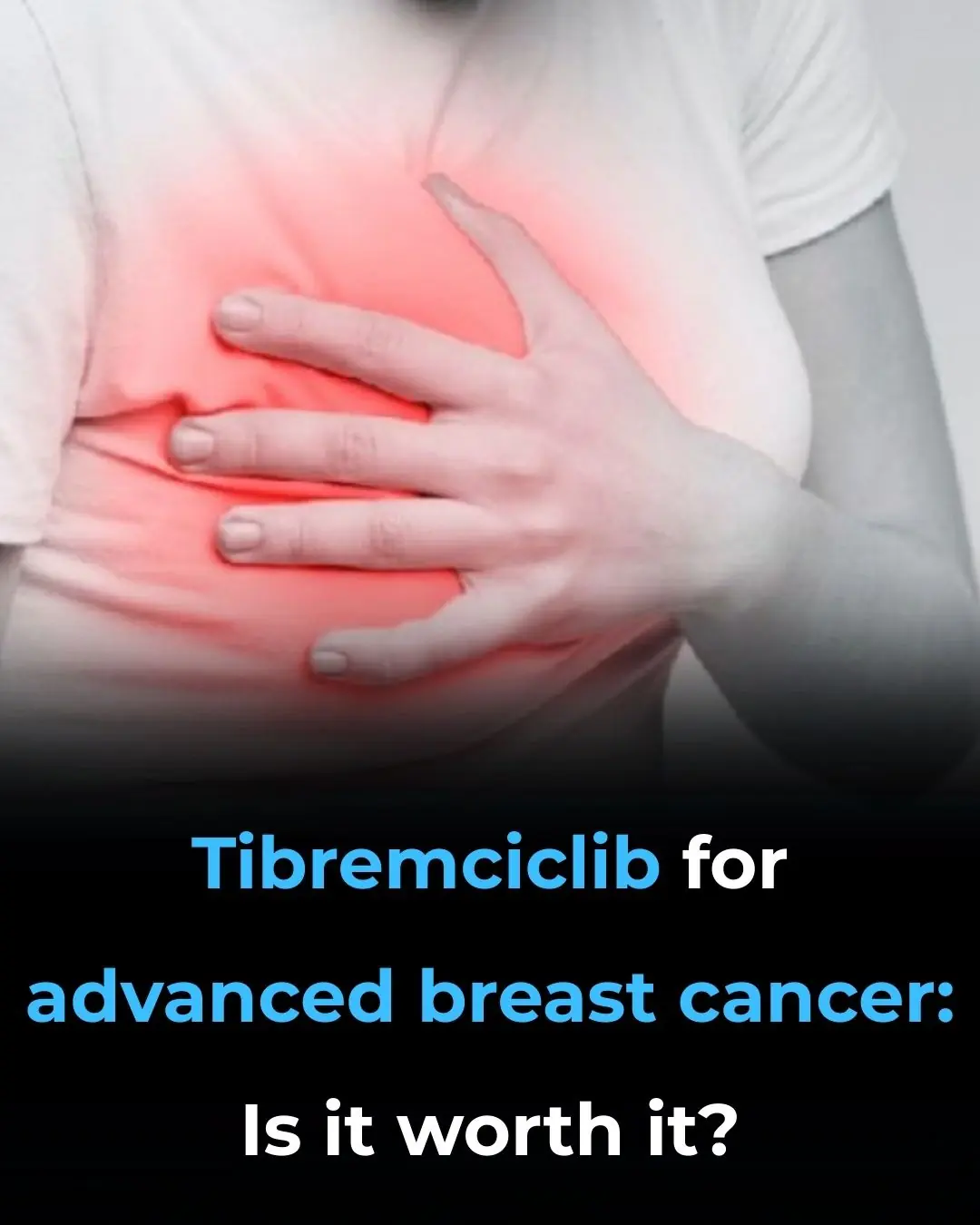
Tibremciclib for Advanced Breast Cancer: Is It Worth It?
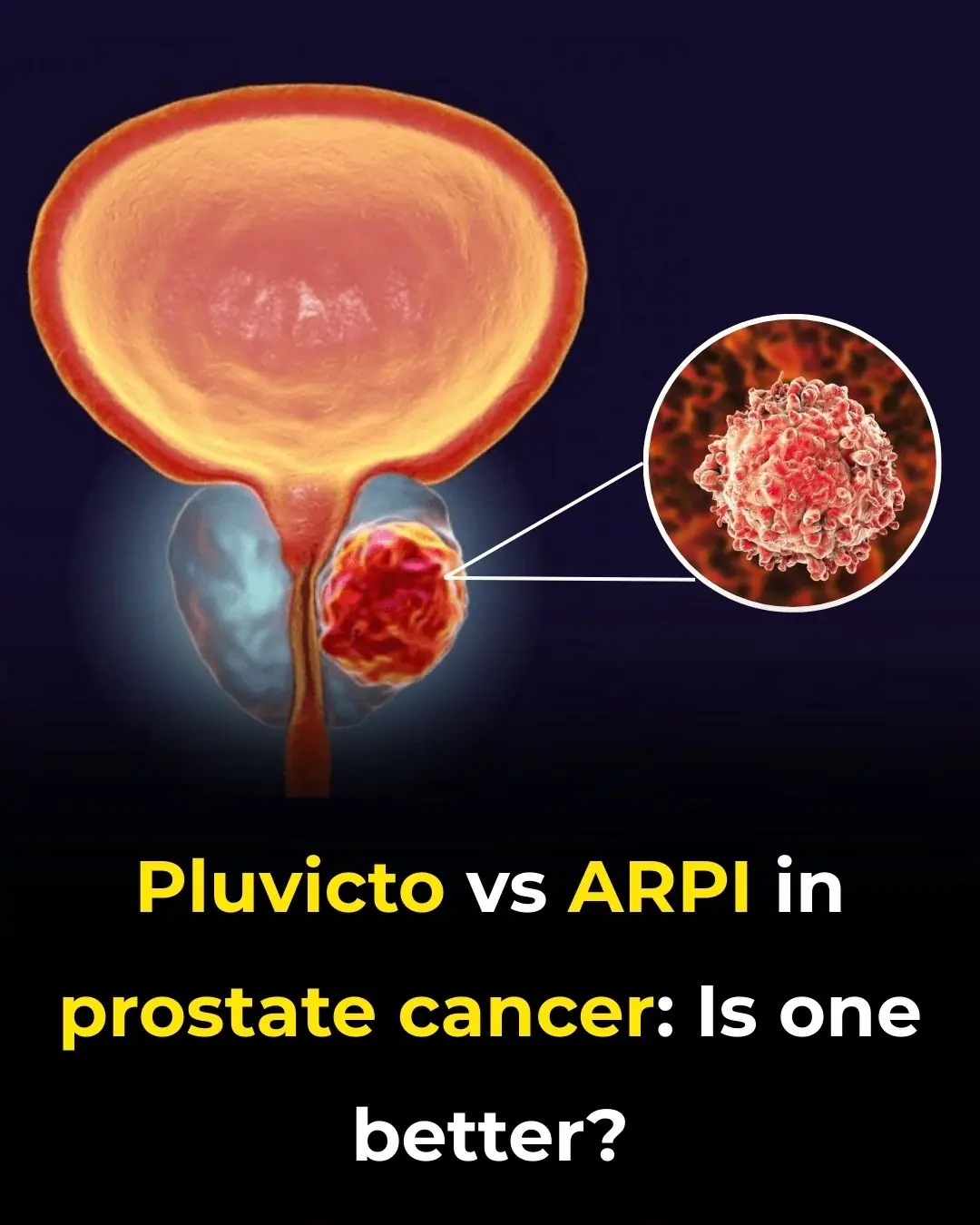
Pluvicto vs ARPI in Prostate Cancer: Is One Better?

Does Chest Pain Always Mean a Heart Attack?
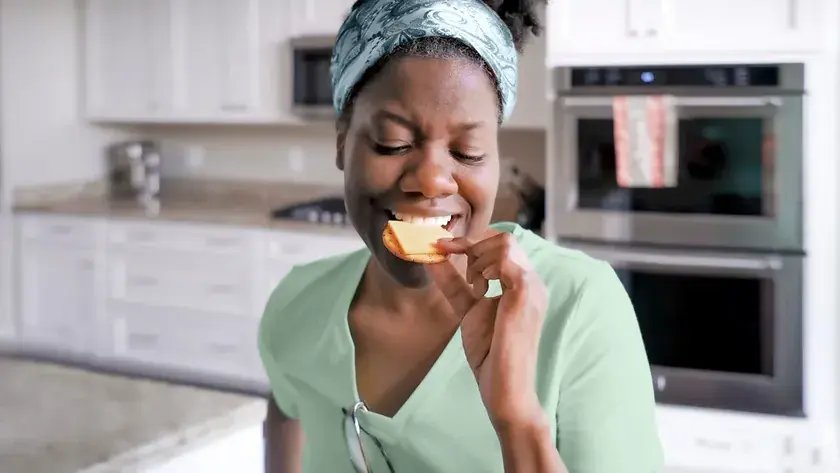
10 Tasty Snacks Packed With Good-for-You Carbs

Drink this before bed to balance blood sugar & stop nighttime bathroom trips!

This vegetable oil linked to “aggressive” tumour growth, study finds

8 Natural Remedies to Cure Sinus Infections Without Antibiotics

The Best Hair Growth Vitamins and Supplements to Fight Hair Loss

Foods to Eat if You Need to Poop – The Best Natural Laxatives to Relieve Constipation

The 4 vitamins this 87-year-old woman takes to stay aging (and you can too)
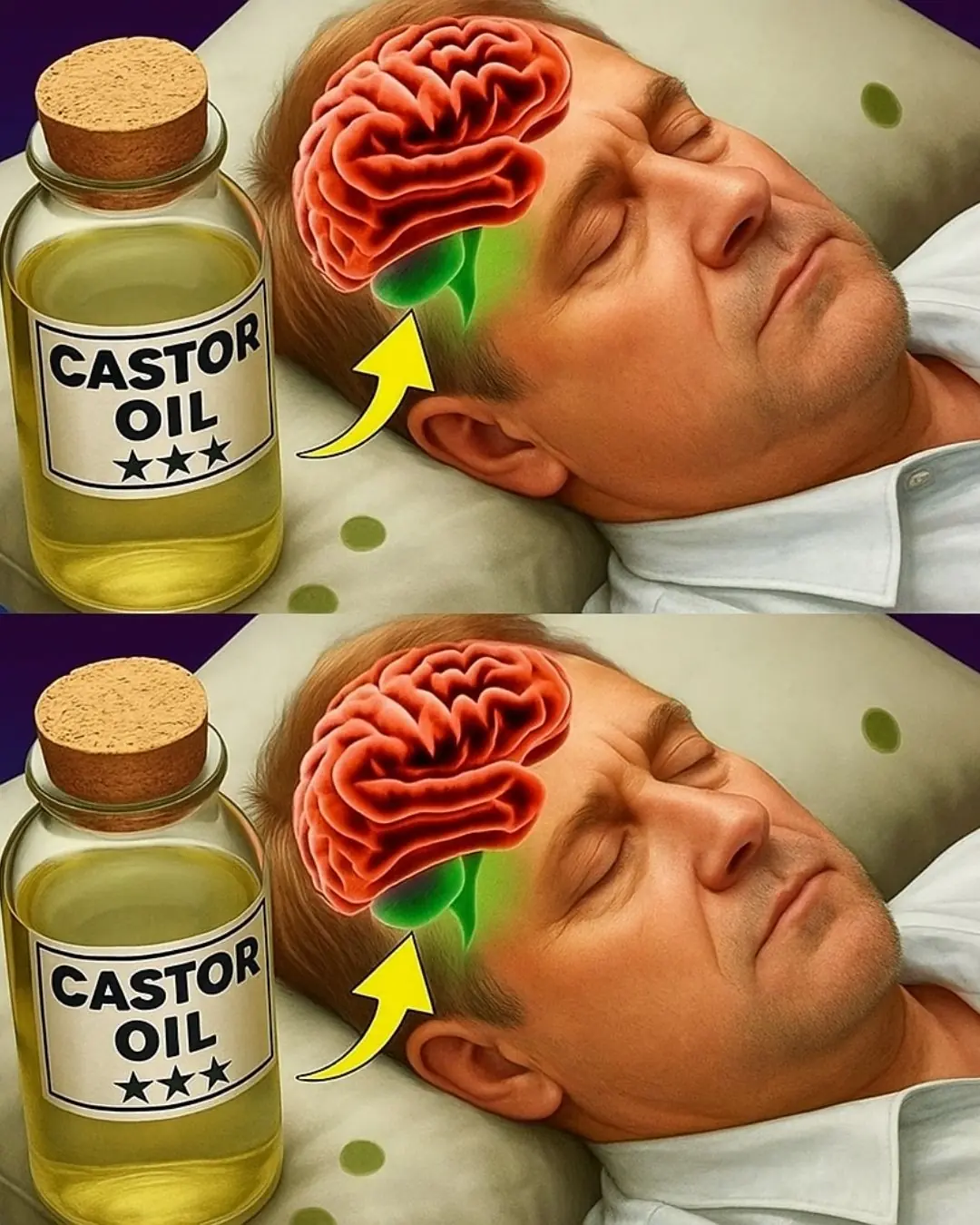
6 Powerful Castor Oil Benefits for Your Health and Wellness

The Possible Benefits of Himalayan Salt Lamp
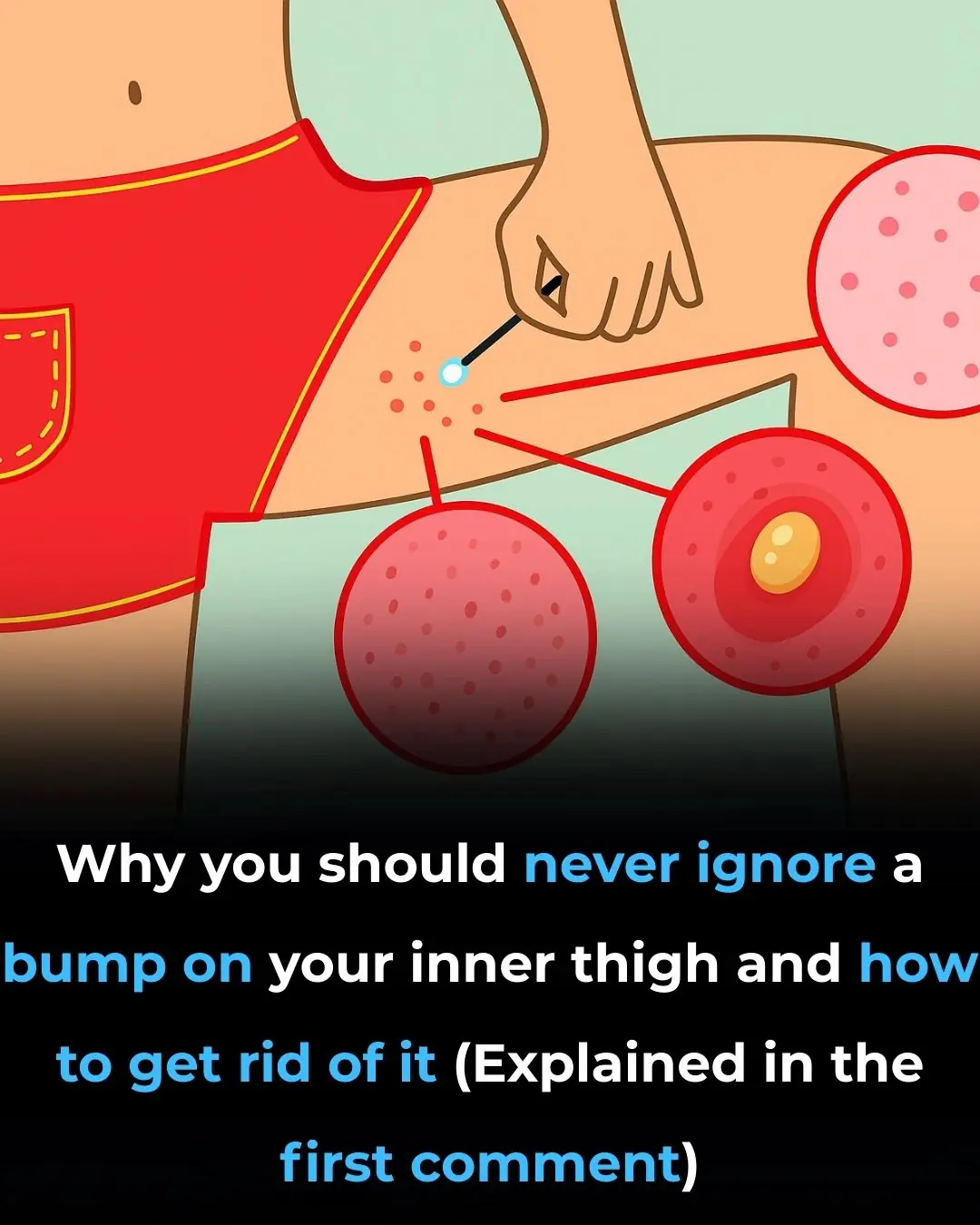
The Most Effective Ways to Get Rid of Bumps on Inner Thigh (Backed by Science)

A 23-year-old young man develops "head-drop syndrome" due to a habit that everyone thinks is h@rmless.
News Post

The Nightly Power of Garlic: 9 Incredible Benefits and How to Use It

An Onion Drink for Eye Health: A Holistic Approach

A Pill to Regrow Your Teeth? The Future of Dentistry is Here

6 Health Benefits of Eating One Cup of Pineapple Every Day
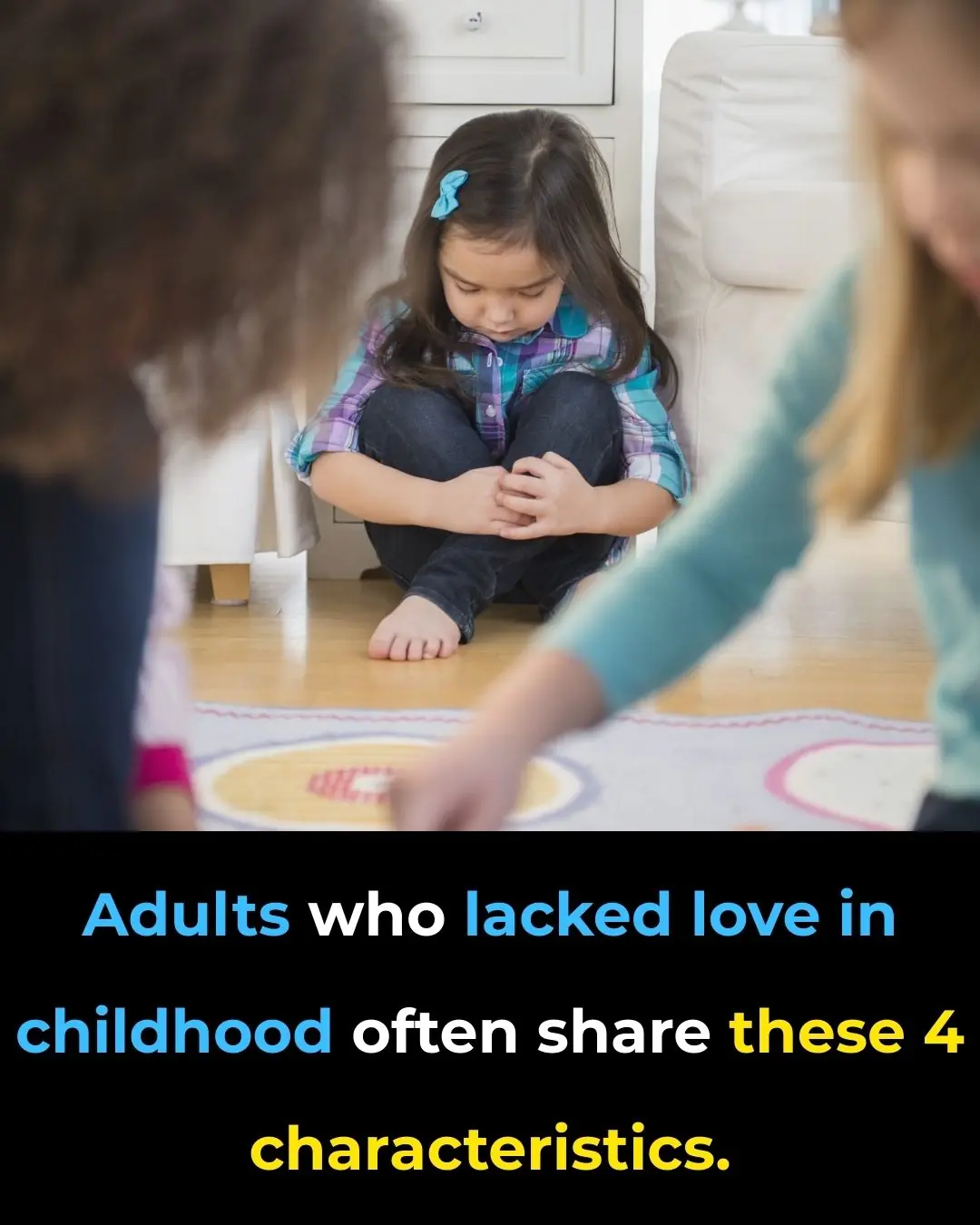
4 Common Traits of Adults Who Grew Up Without Love

82-Year-Old Woman Reverses Dementia Symptoms with Mediterranean Diet

The Real Consequences of Sleeping With…

Tibremciclib for Advanced Breast Cancer: Is It Worth It?

Pluvicto vs ARPI in Prostate Cancer: Is One Better?

Does Chest Pain Always Mean a Heart Attack?

10 Tasty Snacks Packed With Good-for-You Carbs
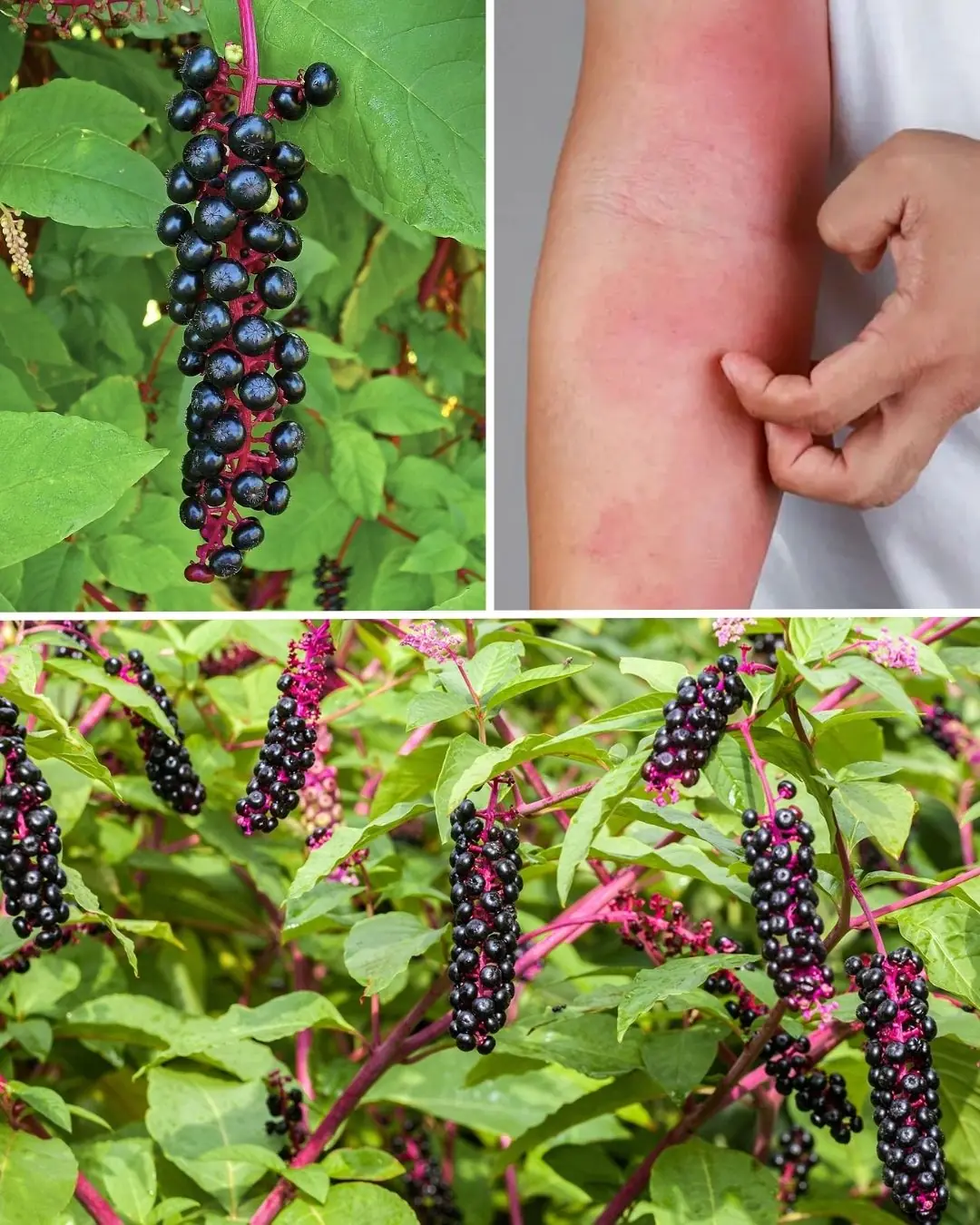
Pokeweed: The Attractive but Highly Toxic Plant Growing in Your Backyard
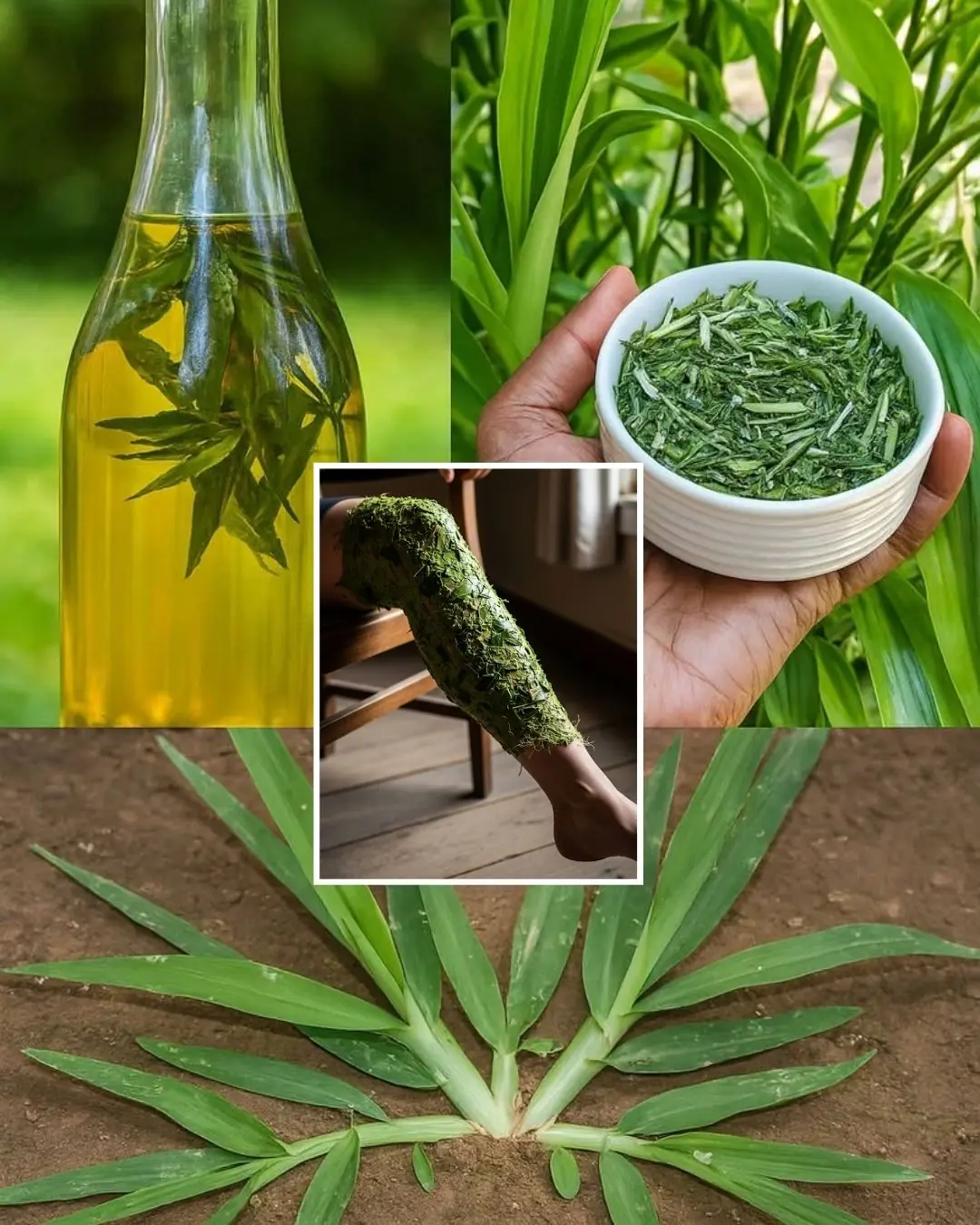
Goosegrass: Health Benefits and Uses

The Powerful Health Benefits of Lipton, Cloves, and Ginger Tea Every Woman Should Know

Drink this before bed to balance blood sugar & stop nighttime bathroom trips!

This vegetable oil linked to “aggressive” tumour growth, study finds

The Miracle Tree: 16 Health Benefits of Moringa & How to Use It
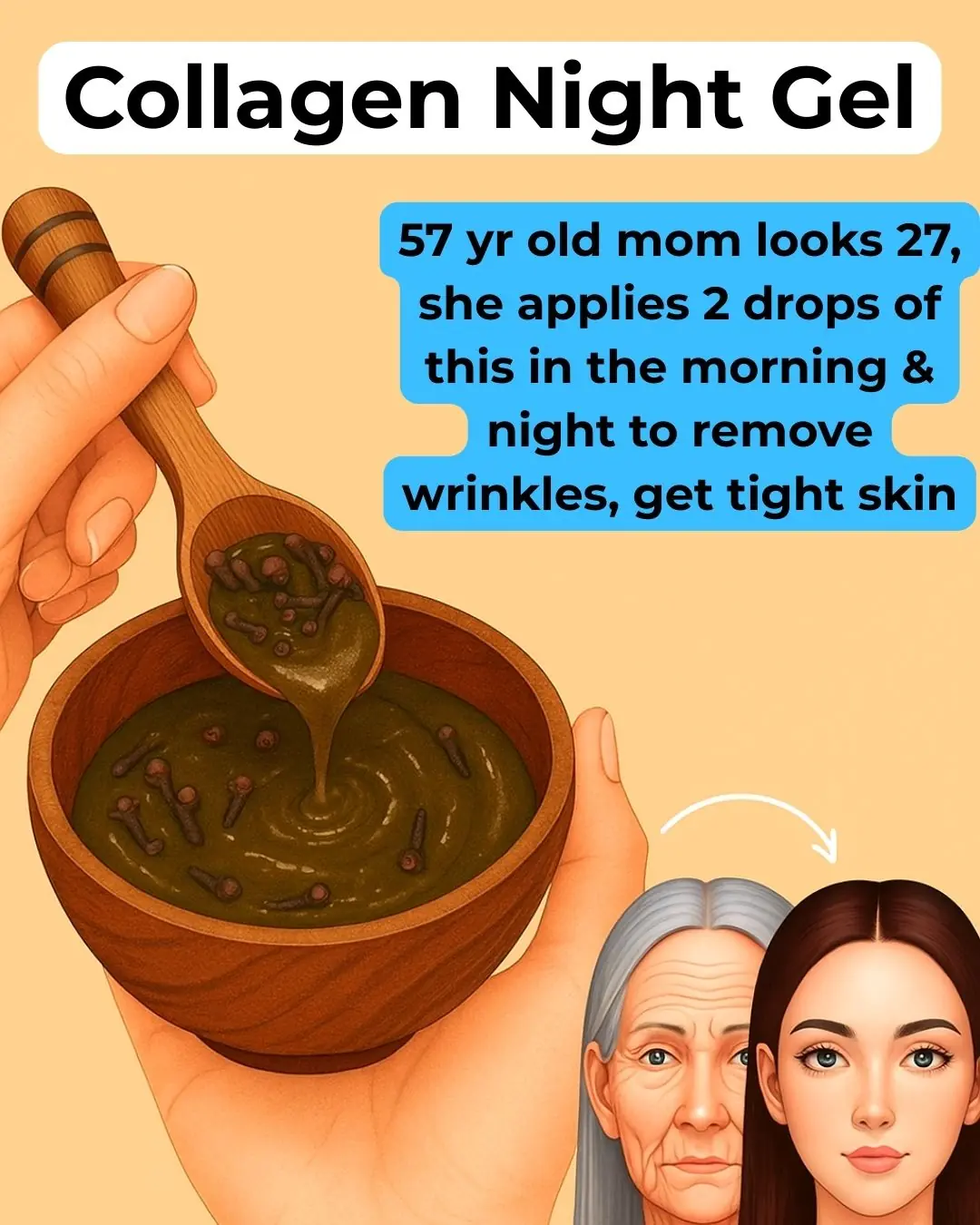
Clove Collagen Gel : Night Gel For A Smooth & Tight Skin
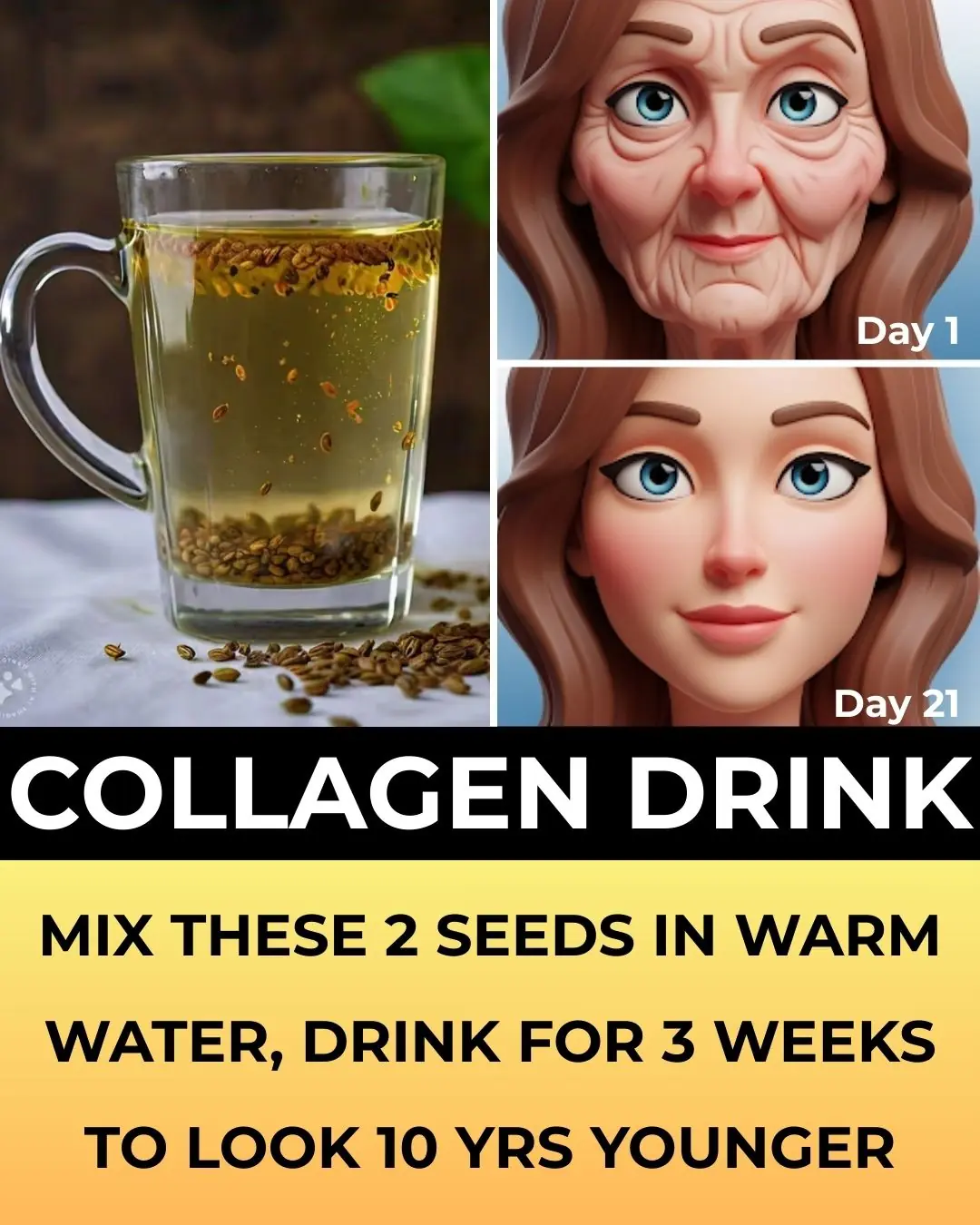
Transform your skin with fenugreek seeds
